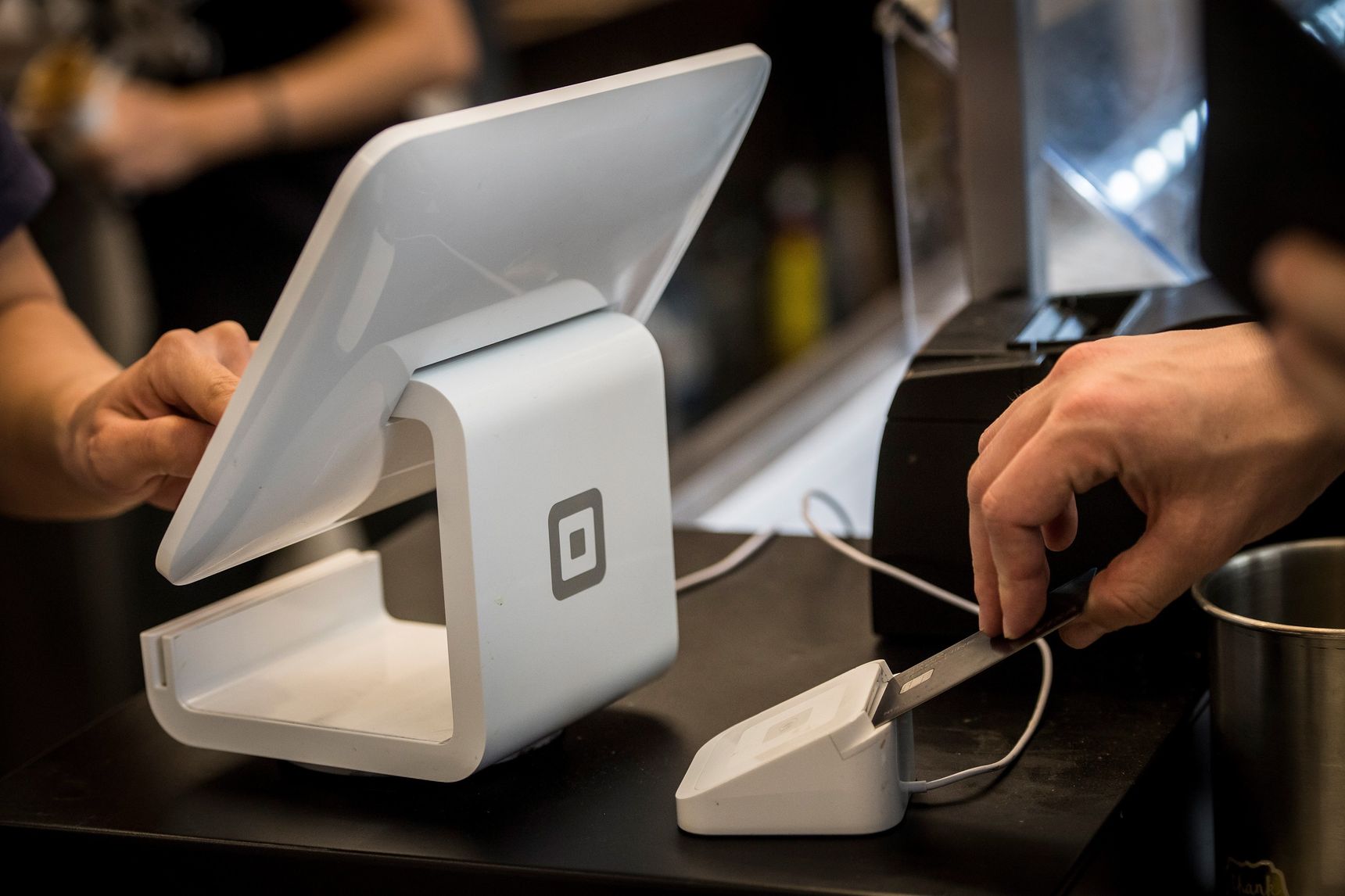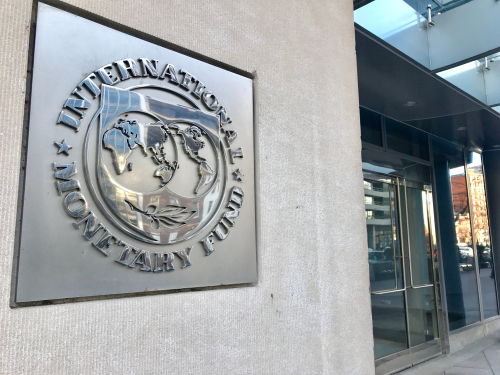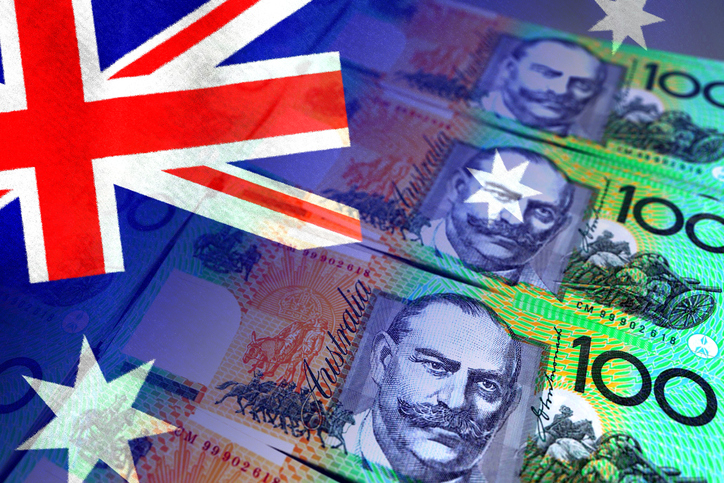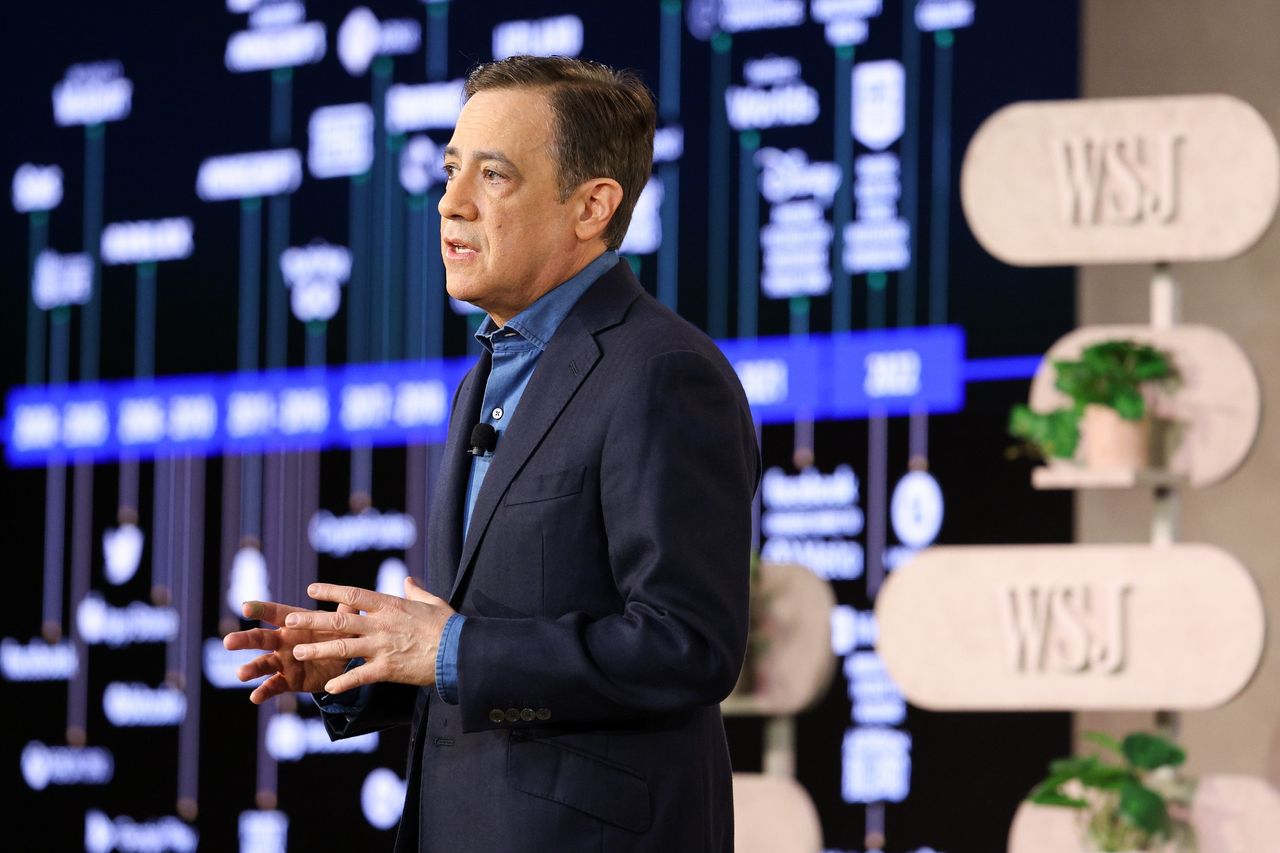Square Agrees To Acquire Afterpay For $39 Billion
Becoming the largest acquisition in Australian history.
Square Inc. has agreed to an all-stock deal worth around $39 billion to acquire Afterpay Ltd., an instalment-payment company that positions its service as a cheaper and more responsible alternative to a credit card.
The deal illustrates how financial technology companies want to challenge big banks by using scale to offer more products and take advantage of shifts in consumer behaviour that have been accelerated by the Covid-19 pandemic.
Square said a key attraction of the deal was a growing wariness toward traditional credit among younger consumers, a group that has been particularly hard hit by the pandemic as lockdowns to contain the spread of the coronavirus crushed many hospitality and casual jobs.
Afterpay’s technology allows users to pay for goods in four, interest-free instalments, while receiving the goods immediately. Customers pay a fee only if they miss an automated payment, a transgression that also locks their account until the balance is repaid. Australia-based Afterpay, which is yet to turn a profit, says this limits bad debts, particularly in a downturn when job security is shaky and household finances are stretched.
Most of Afterpay’s revenue comes from retail merchants, which pay a percentage of the value of each order placed by customers, plus a fixed fee.
“Square and Afterpay have a shared purpose,” said Jack Dorsey, Square’s chief executive. “We built our business to make the financial system more fair, accessible, and inclusive, and Afterpay has built a trusted brand aligned with those principles.”
U.S. consumers flocked to buy-now-pay-later services like Afterpay during the pandemic and shunned credit cards. But credit cards appear to be coming back in favor. Demand for general-purpose credit cards rose sharply in April compared with the same period last year, according to credit-reporting firm Equifax Inc. Lenders issued more general-purpose credit cards than any other March going back to at least 2010, Equifax said.
The Afterpay deal is Square’s biggest ever. Square has been looking for ways to tie its Cash App and seller ecosystems more closely together, Mr. Dorsey said on a call with analysts earlier this year.
The Afterpay deal is a big step in that direction. Square, best known for its signature white card reader that plugs into phones and tablets, plans to add Afterpay as a financing option through the smaller merchants it serves. Afterpay customers will be able to make payments on their instalment loans through Cash App, Square’s digital payment services that allows people to store and transfer money like they would at a bank. And Cash App customers, Square said, will be able to use the app to find merchants that offer Afterpay’s buy-now-pay-later financing.
Cash App’s growth exploded over the past year, largely the result of a flood of pandemic stimulus payments. Users deposited their stimulus checks with Cash App, and then used the service to send money to friends and family, make purchases online with their Cash App debit cards and buy bitcoin and stocks through Cash App Investing.
In June, Cash App reached 40 million monthly transacting active customers. The Cash App business had gross profit of US$546 million in the second quarter, the company said in an earnings report released ahead of schedule Sunday. That is a 94% increase over the second quarter of 2020 and just shy of the $585 million gross profit Square’s bread-and-butter seller business recorded in the second quarter. (Gross profit is revenue minus the cost of goods or services sold, excluding taxes and other fixed costs.)
Instalment lending isn’t an entirely new business for Square. In 2017, the company began offering financing options to consumers through its business clients that also used Square to send and manage their invoices. But the service never really took off.
Afterpay, Australia’s largest tech company by market capitalization, said the deal implies a value of around 126.21 Australian dollars, equivalent to $92.66, for each of its shares, representing a 31% premium to its closing price on Friday.
Afterpay said its shareholders will receive 0.375 share of Square Class A common stock for each Afterpay share that they own. It expects Afterpay shareholders will own around 18.5% of the combined company when the deal completes.
“The Square-Afterpay transaction looks close to a done deal, in the absence of a superior proposal,” said Phillip Chippindale, an analyst at Ord Minnett, an Australian investment bank. “The strategic rationale for the business combination is sound in our view.”
Afterpay was co-founded in 2014 by Nick Molnar, a jeweller’s son who wanted to break a cycle that involved some people getting deeper into debt with credit cards that they later struggled to pay off.
“I had just turned 18 and I was told, ‘Don’t spend money you don’t have,’” Mr. Molnar told The Wall Street Journal last year, recalling an era of bank bailouts, company collapses and residential repossessions.
Afterpay is Mr. Molnar’s second business foray. The 31-year-old first sold jewellery to school friends, learning lessons he later used to launch U.S. online jeweller known then as Ice.com in Australia.
Afterpay has been expanding across the U.S. through deals with retailers including Anthropologie and Free People. In Australia and New Zealand, 3.6 million people—more than one in seven adults—have an Afterpay account.
Mr. Molnar and co-founder Anthony Eisen said combining with Square will accelerate Afterpay’s growth in the U.S. and globally. The company’s growth has attracted larger payments companies to push into the buy-now, pay-later sector. PayPal Holdings Inc.’’s so-called Pay-in-4 product mimics Afterpay in that it allows shoppers to pay in four, interest-free instalments, but it is cheaper for merchants than Afterpay.
Heightened competition could give merchants more bargaining power over fees, while many analysts think Afterpay’s growth will start to attract more scrutiny from regulators.
Afterpay skirts the definition of a loan under some U.S. laws so it isn’t subject to the same regulation. The state of California reached a settlement with Afterpay in April last year, however, over what it said were illegal practices, requiring the company to refund $900,000 to consumers.
Rising competition has led Afterpay to trial new products that it hopes will prevent merchants and customers from switching providers. In June, Afterpay introduced a loyalty program and said it will launch an Afterpay-labeled bank account in October in partnership with Westpac Banking Corp., Australia’s second-largest bank. Analysts say linking repayments to a bank account will reduce the slice of transactions collected by credit and debit card companies, supporting margins.
Mr. Molnar said he got to know Mr. Dorsey through his philanthropic activities, while Square’s chief financial officer, Amrita Ahuja, was an early contact after he moved to San Francisco. Talks began over a partnership with Square, but later progressed to a takeover, he said.
“I feel we’ve lived parallel lives as entrepreneurs,” Mr. Molnar told The Wall Street Journal after the deal was announced. “To see an opportunity of millions of Square sellers as well as 70 million active Cash app consumers to be added to the portfolio of how we drive growth together, it’s an incredibly exciting opportunity.”
Reprinted by permission of The Wall Street Journal, Copyright 2021 Dow Jones & Company. Inc. All Rights Reserved Worldwide. Original date of publication: August 2, 2021.
 Copyright 2020, Dow Jones & Company, Inc. All Rights Reserved Worldwide. LEARN MORE
Copyright 2020, Dow Jones & Company, Inc. All Rights Reserved Worldwide. LEARN MORE
This stylish family home combines a classic palette and finishes with a flexible floorplan
Just 55 minutes from Sydney, make this your creative getaway located in the majestic Hawkesbury region.
Says U.S. and China, which will continue to see a surge in borrowing if current policies remain in place.
The U.S. and Chinese governments should take action to lower future borrowing, as a surge in their debts threatens to have “profound” effects on the global economy and the interest rates paid by other countries, the International Monetary Fund said Wednesday.
In its twice-yearly report on government borrowing, the Fund said many rich countries have adopted measures that will lead to a reduction in their debts relative to the size of their economies, although not to the levels seen before the Covid-19 pandemic.
However, that is not true of the U.S. and China, which will continue to see a surge in borrowing if current policies remain in place. The Fund projected that U.S. government debt relative to economic output will rise by 70% by 2053, while Chinese debt will more than double by the same year.
The Fund said both countries will lead a rise in global government debt to 98.8% of economic output in 2029 from 93.2% in 2023. The U.K. and Italy are among the other big contributors to that increase.
“The increase will be led by some large economies, for example, China, Italy, the United Kingdom, and the United States, which critically need to take policy action to address fundamental imbalances between spending and revenues,” the IMF said.
The IMF expects U.S. government debt to be 133.9% of annual gross domestic product in 2029, up from 122.1% in 2023. And it expects China’s debt to rise to 110.1% of GDP by the same year from 83.6%.
The Fund said there had been “large fiscal slippages” in the U.S. during 2023, with government spending exceeding revenues by 8.8% of GDP, up from 4.1% in the previous year. It expects the budget deficit to exceed 6% over the medium term.
That level of borrowing is slowing progress toward reducing inflation, the Fund said, and may also increase the interest rates paid by other governments.
“Loose US fiscal policy could make the last mile of disinflation harder to achieve while exacerbating the debt burden,” the Fund said. “Further, global interest rate spillovers could contribute to tighter financial conditions, increasing risks elsewhere.”
A series of weak auctions for U.S. Treasurys are stoking investors’ concerns that markets will struggle to absorb an incoming rush of government debt. The government is poised to sell another $386 billion or so of bonds in May—an onslaught that Wall Street expects to continue no matter who wins November’s presidential election.
While analysts don’t expect those sales to fail, a sharp rise in U.S. bond yields would likely have consequences for borrowers around the world. The IMF estimated that a rise of one percentage point in U.S. yields leads to a matching rise for developing economies and an increase of 90 basis points in other rich countries.
“Long-term government bond yields in the United States remain elevated and sensitive to inflation developments and monetary policy decisions,” the Fund said. “This could lead to volatile financing conditions in other economies.”
China’s budget deficit fell to 7.1% of GDP in 2023 from 7.5% the previous year, but the IMF projects a steady pickup from this year to 7.9% in 2029. It warned that a slowdown in the world’s second largest economy “exacerbated by unintended fiscal tightening” would likely weaken growth elsewhere, and reduce aid flows that have become a significant source of funding for governments in Africa and Latin America.
An unusually large number of elections is likely to push government borrowing higher this year, the Fund said. It estimates that 88 economies or economic areas are set for significant votes, and that budget deficits tend to be 0.3% of GDP higher in election years than in other years.
“What makes this year different is not only the confluence of elections, but the fact that they will happen amid higher demand for public spending,” the Fund said. “The bias toward higher spending is shared across the political spectrum, indicating substantial challenges in gathering support for consolidation in the years ahead, and particularly in a key election year like 2024.”
Consumers are going to gravitate toward applications powered by the buzzy new technology, analyst Michael Wolf predicts
Just 55 minutes from Sydney, make this your creative getaway located in the majestic Hawkesbury region.























